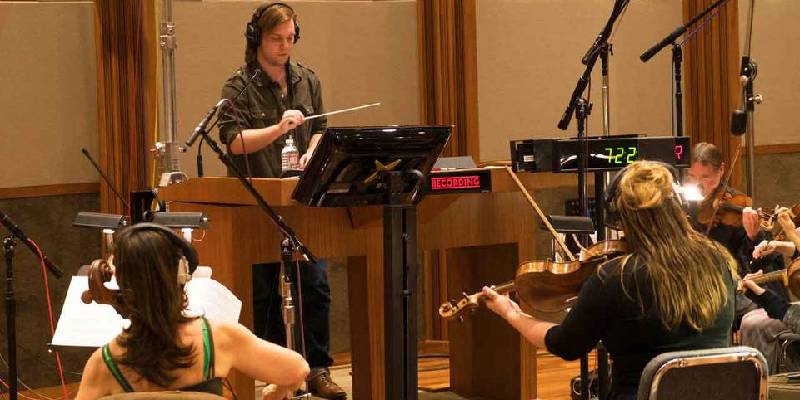
We know that music competence differs in individuals. Though the engagement of music is spread all over the world and in people of all ages, the ability and talent vary greatly. Here, musical competence is defined as:
• Ability to perceive music
• Skill to remember the music
• Ear to differentiate tones and beat sequences
We know that some of the variances in talent come from the formal training given to the person and how they listen to music. The question was to find out if music competence is also affected by:
• Natural ability
• Musical aptitude
Do these two factors impact the way a person learns music? In simple words, can how well a person play an instrument or sing a song be explained by factors other than music training such as:
1. socioeconomic status
2. short-term memory
3. general cognitive ability
4. personality
To find the answer, a study was conducted on undergraduates. First, each of the above four factors was experimented, separately. It proved that every one of them had a direct and straightforward positive connection to the duration of music training. But when all of them were studied together, it proved the music training is affected only partly by:
• general cognitive ability
• openness
To put it in easy to understand words, musical competence is based on many factors and not music training alone. Therefore, the belief that practice makes a musician perfect is an oversimplification. Only in a few candidates, the competence increased with more musical training. In some of them, it was the openness to learning and mental ability that changed how well they played or sang.
To summarise, how musical competence arises from a complicated interaction of nature and nurture, i.e., what they are born with and what they are taught. Consistent practice doesn’t make an expert in music. Yes, an individual who has no talent will gain a better grasp on music with each hour they log on in practice. But, on the other hand, a person who already has incredible talent doesn’t improve on practice alone.
Therefore, for persons who have a high musical competence already other than training, there is a need for some other elements like:
• the readiness to learn more
• an open-minded personality
• and of course, excellent cognitive capacity
This research and its results are useful for budding musicians and parents thinking about putting their child in a music class. For an amateur musician, it tells that practice alone will not take you to the top. Yes, training will add to your competence, but it is not enough. You need to inculcate other abilities in yourself if you truly want to rise and make a career in the field.
For parents and guardians oscillating over the decision of music, classes remember that a positive outcome is not a guaranteed result. Training your child in singing and instruments will show some advantages. That cannot be denied, but it will not make a maestro out of your kid. Without natural ability and the ear to separate rhythms and melodies, education in music will only take the kid so far.





